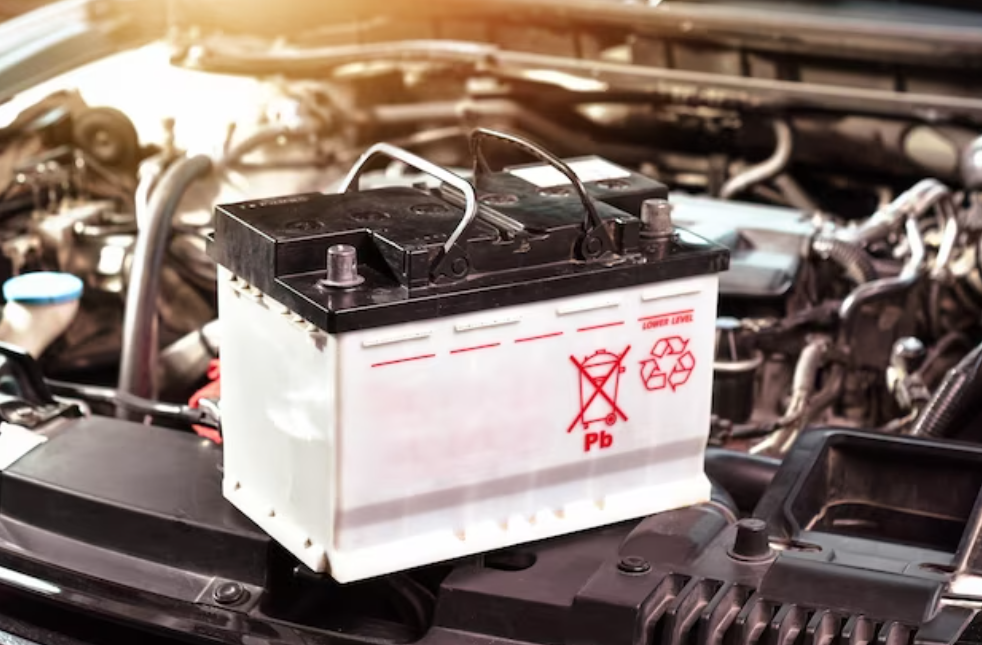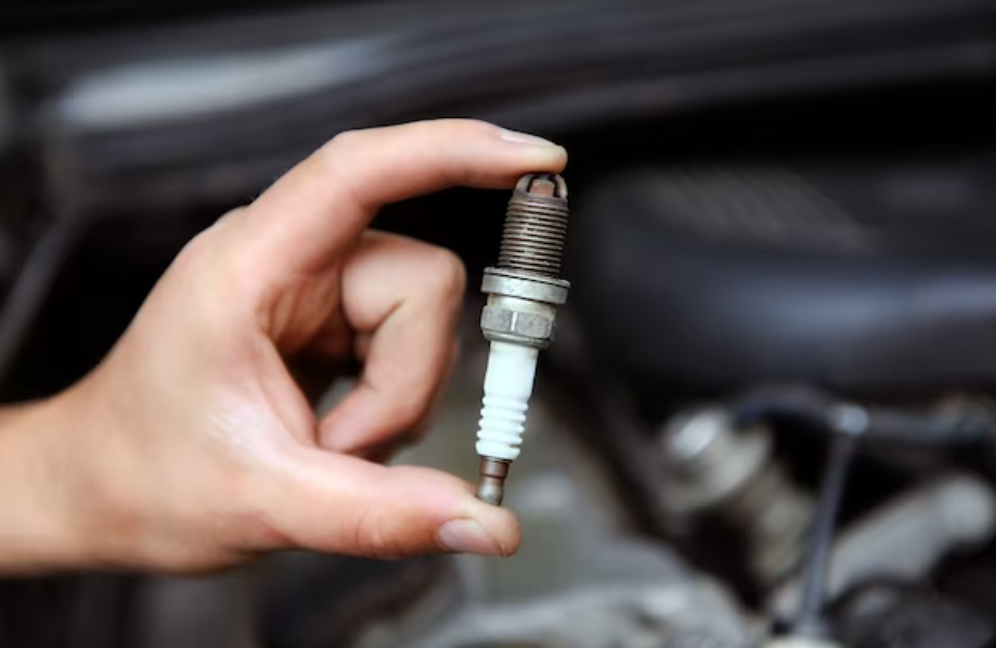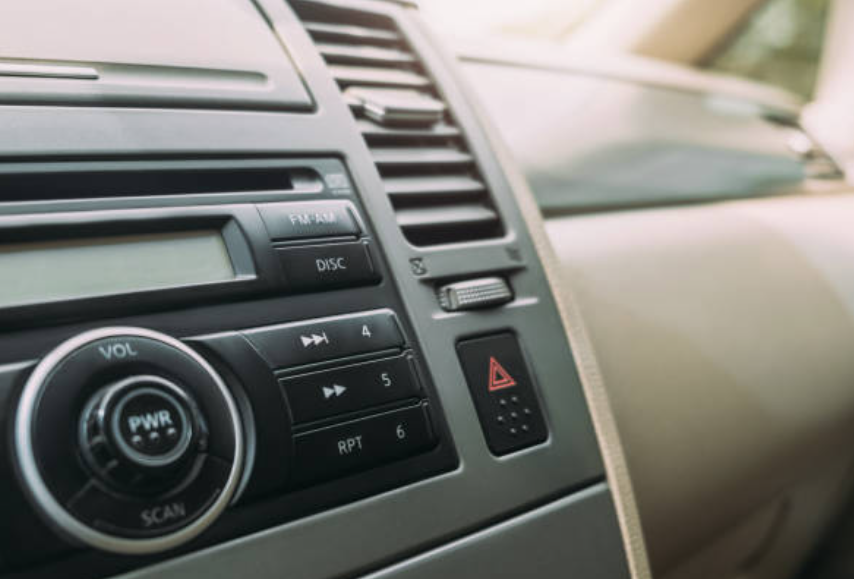What Is A Muffler And What Does It Do?
In the symphony of a vehicle's operation, the muffler plays a crucial role as the conductor of sound. But what exactly is a muffler, and why does it matter? Acting as a silent guardian within the exhaust system, the muffler is tasked with taming the cacophony of engine noise, ensuring a smoother, more pleasant ride for both driver and bystander alike.
Let's embark on a journey to unravel the mysteries of this essential automotive component and understand its vital function in the modern world of transportation.

What Is A Muffler?
A muffler serves as a basic apparatus utilized to diminish and control the noise emitted by an internal combustion engine. It's crucial to differentiate mufflers from resonators, as mufflers manage noise overall, whereas resonators target specific low RPM frequencies to mitigate drone and related sound issues. However, it's worth noting that resonators can be valuable for fine-tuning an engine's sound profile, although their function differs from that of a muffler.
.jpeg)
The origins of mufflers trace back to 1897, when Milton O. Reeves secured the first patent for this noise-reducing device. Over the following century, mufflers underwent significant evolution. It wasn't until later decades that well-known brands like Walker Exhaust, Thrush, and Cherry Bomb emerged, introducing innovative designs. Throughout the '70s and '90s, renowned names such as MagnaFlow, Borla, Corsa, Flowmaster, and Dynomax established themselves, offering high-performance exhaust systems and distinctive mufflers.
The function of a muffler is to diminish the noise generated by a vehicle's exhaust system. This is achieved by attenuating and redirecting the sound waves created by the engine's exhaust gases as they depart from the vehicle. Furthermore, mufflers can contribute to enhancing engine performance by aiding in the regulation of exhaust flow and back pressure.

The operational principles of a muffler vary depending on its type, with manufacturers employing diverse design techniques to achieve desired sound and flow characteristics. Understanding the common designs provides insight into how most mufflers function.
Packed Mufflers:
Preferred by many performance enthusiasts due to their straight-through configuration, packed mufflers consist of a metal casing with a perforated tube at the center. Surrounding this inner tube is a packing material that absorbs sound waves as exhaust gases pass through.
Glass Packs:
These mufflers feature fiberglass packing to combat noise levels. However, not all packed mufflers focus solely on raw sound; manufacturers can adjust the design to achieve specific tones, such as the iconic sound of MagnaFlow mufflers.
MagnaFlow’s Straight:
Distinguished by its proprietary perforation core pattern and dual-stage packing material, this design absorbs heat and expands gases for the distinctive MagnaFlow sound.
Chambered Mufflers:
Operating differently from packed mufflers, chambered mufflers utilize specially designed chambers to bounce sound waves off each other. These chambers often include baffles to tweak the sound, emphasizing the deeper note of large displacement engines.
Turbo Mufflers:
Utilizing perforated tubes to direct exhaust gases in various patterns through the muffler body, turbo mufflers can control sound levels. While some incorporate packing around the tubes, turbo mufflers are generally more restrictive but effective in reducing drone.

Choosing the appropriate muffler type depends on individual requirements and preferences. Below are various muffler categories or terms associated with them.
- Performance Muffler: Crafted to amplify exhaust flow, thus bolstering horsepower and torque, these mufflers emit a deep, assertive exhaust tone. Typically employing straight-through designs, they minimize exhaust resistance.
- Aftermarket Muffler: Any muffler not originating from the original equipment manufacturer falls under this category. Often serving as a replacement or upgrade to factory-installed mufflers, aftermarket variants offer a range of sound profiles, from subtle to bold.
- Turbo Muffler: These mufflers utilize perforated tubes to guide exhaust gases along an S-shaped path, reducing noise while maintaining exhaust flow. Renowned for their moderate tone, they contribute to improved engine performance.
- Chambered Muffler: Employing chambers of varying sizes, these mufflers dampen exhaust noise as sound waves bounce within them, resulting in a quieter exhaust note.
- Glasspack Muffler: Named for the fiberglass packing they utilize for sound absorption, glasspack mufflers emit a distinctively aggressive exhaust tone without excessive noise. Popular among enthusiasts seeking a vintage or hot-rod style sound.
- Straight-Through Muffler: Featuring a simple design with a perforated tube wrapped in sound-absorbing material, straight-through mufflers offer minimal resistance to exhaust gases. Available in round or chambered shapes, they enhance overall performance.
Whether prioritizing performance enhancements, sound adjustments, or aesthetic enhancements, there's a muffler type tailored to specific goals. It's crucial to select a muffler that aligns with your vehicle's specifications and desired outcomes.
Is driving without a muffler bad?
It varies. Some enjoy the sound of unmuffled engines, but it can be disruptive. Mufflers are designed to manage noise, though removing one may not harm performance and could even enhance it.
Does a muffler affect performance?
Yes, mufflers impact performance by allowing smoother exhaust flow, which is crucial for engine efficiency. Aftermarket mufflers prioritize this flow for better performance.
Which muffler is best for performance?
Straight-through packed mufflers are ideal for maximizing engine power. Most high-performance builds require some form of packed muffler unless event rules dictate otherwise.
Is removing a muffler legal?
For on-road driving, a muffler is required by law. However, in race-only situations without specific muffler rules, removal is permitted. Local regulations should be checked to ensure compliance.
Does a muffler change sound?
While mufflers reduce overall noise, they can tweak engine tones by emphasizing certain frequencies. However, an engine's design largely determines its sound profile.
From their humble beginnings in the late 19th century to the sophisticated designs of today, mufflers have come a long way toward taming the roar of internal combustion engines. Whether it's through packed, chambered, or turbo designs, mufflers continue to serve as vital components, not only in reducing noise but also in optimizing engine performance. As automotive technology progresses, the story of mufflers remains intertwined with the pursuit of quieter, more efficient vehicles on the road.
Click on the following link to read another blog post: How To Replace A Water Pump?



.png)












